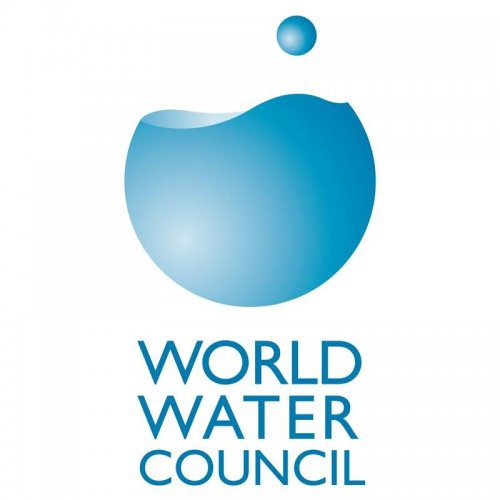Indonesia’s Capital Sinking Due to Lack of Adequate Water Security and Infrastructure

– 40% of Jakarta finds itself below sea level
– Residents are digging illegal wells to gain access to drinking water, negatively impacting the urban area
– The Indonesian capital is sinking up to 6 centimeters every year.
– Water Security is a global challenge: an in-depth World Water Council publication offers cohesive solutions from around the world for improving water security
World Water Council, Marseille – Jakarta, Indonesia’s capital is sinking faster than any other city in the world. Due to mounting climate impacts and man-made actions, 40% of Jakarta is currently below sea level and continues to sink up to 6 centimetres every year.
University of Indonesia hydrologists say a protective sea wall could help save Jakarta, and the millions who call it home, from being further submerged. However, rising sea levels, linked to climate variability and change, are not only to blame for this crisis. Some of Jakarta’s 10 million residents have resorted to digging illegal wells to gain access to drinking water, draining the underground water aquifers upon which Jakarta sits. This unregulated tapping into the water table results in the rapid sinking of the Indonesian capital, threatening the livelihoods of millions. Indeed, this situation illustrates precisely what happens when a community lacks water security.
Water issues are rife throughout Indonesia, where more than 40 million people live without access to improved drinking water sources. Despite the precarious condition faced by this Asian capital, it is considered to enjoy the most adequate access to water throughout the nation.
“Increasing availability and resilience by securing our water resources involves, among other things, the construction of reservoirs and maintaining infrastructure. In addition, there must be a rational management and use of water, which means all sectors must share resources fairly and encourage citizens to be efficient with water use in their own homes. Industry needs to recycle and reuse water and ensure irrigation uses more efficient methods. Managing demand in this way will enable us to use our water resources more efficiently and effectively” explains World Water Council President, Benedito Braga.
Water Security is a global challenge and the World Water Council is taking action by producing an in-depth publication, entitled Global Water Security: Lessons Learnt and Long-term Implications, where cohesive solutions can be found. The diversity of perspectives, challenges and alternatives in the world of water have been brought together by the World Water Council and the Ministry of Water Resources of the People’s Republic of China in a collaboration by ten authors, all of whom present what water security means in their city, country or region. The book brings together ways of dealing with issues related to water security, such as those affecting Indonesia, India, South Africa and the world at large. This book highlights the relationship between the water sector and various other sectors, helping to establish an improved understanding of the crucial significance of adequate water resources and their management as an essential cross-cutting vector of socio-economic development. For an online version of the policy recommendations related to this publication, click here.
Additionally, the World Water Council is preparing for the upcoming 8th World Water Forum, where this important work will be profiled. This event represents an international meeting point to discuss water-related challenges and to find solutions for overcoming them. The 8th World Water Forum will be held in the Brazilian capital, Brasilia, between the 18th and 23rd of March 2018, under the over-arching theme of “Sharing Water,” in light of water’s role in uniting communities and tearing down barriers. The 8th World Water Forum is set to welcome tens of thousands of water sector experts, decision makers, businesses, and civil society to what has become the world’s largest water-related event.
About the World Water Council:
The World Water Council (WWC) is an international multi-stakeholder platform organization, the founder and co-organizer of the World Water Forum. The World Water Council’s mission is to mobilize action on critical water issues at all levels, including the highest decision-making level, by engaging people in debate and challenging conventional thinking. The Council focuses on the political dimensions of water security, adaptation, and sustainability, and works to position water at the top of the global political agenda. Headquartered in Marseille, France, and created in 1996, the World Water Council brings together over 300 member organizations from more than 50 different countries. More on www.worldwatercouncil.org @wwatercouncil #wwatercouncil
.


